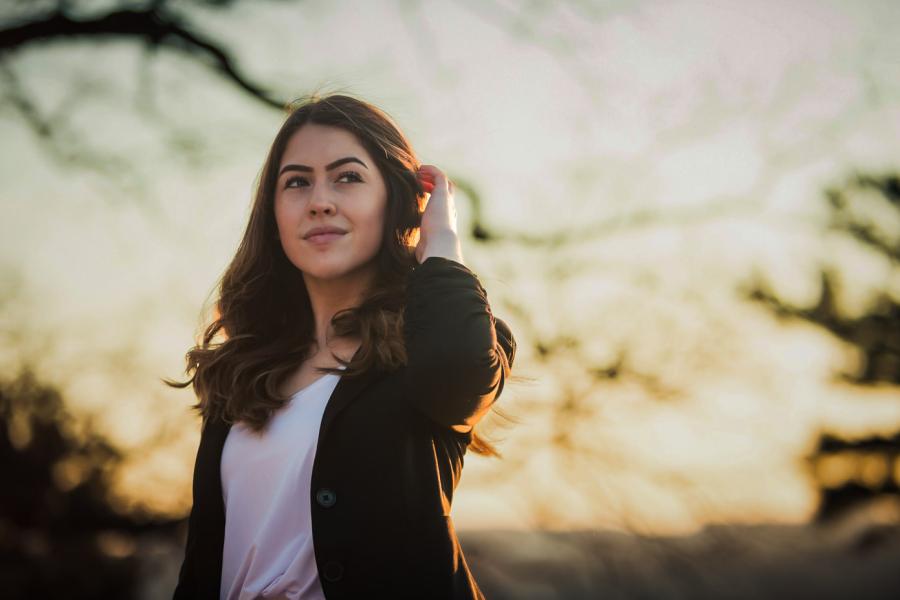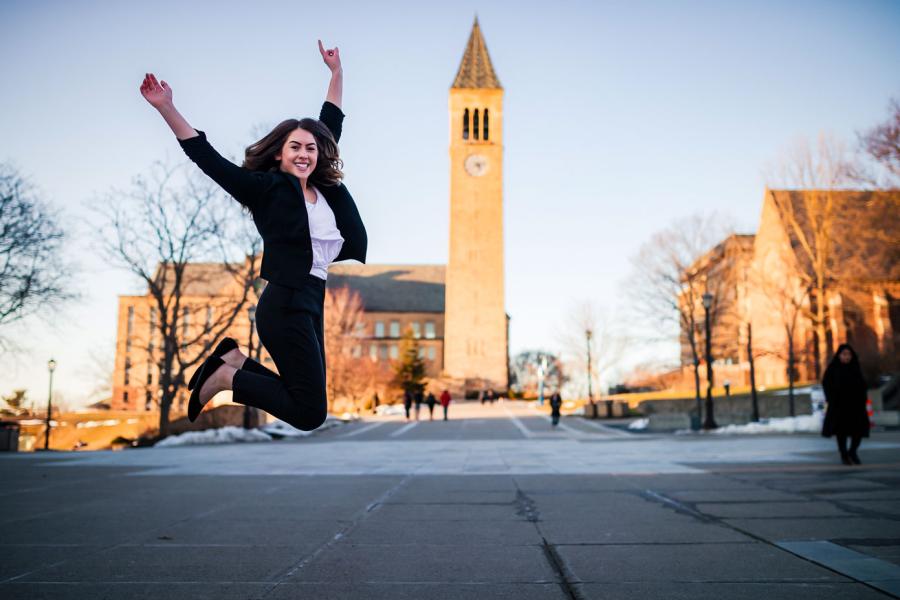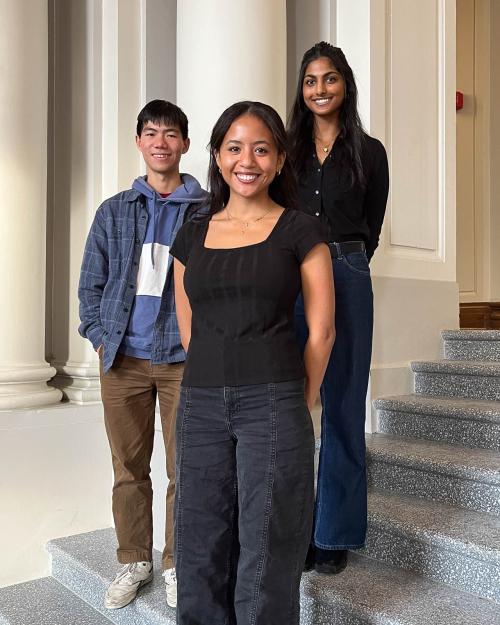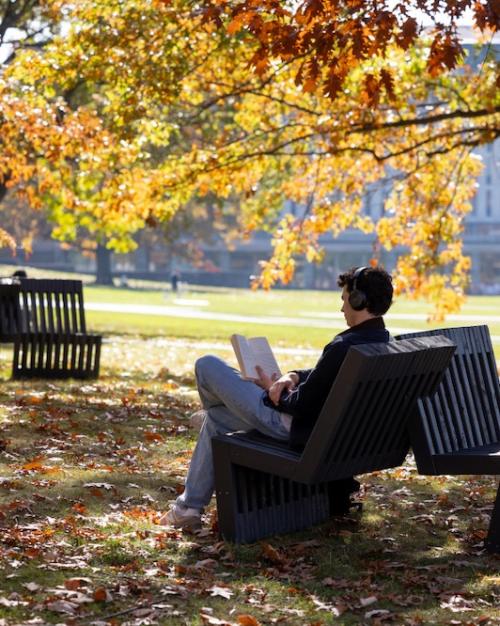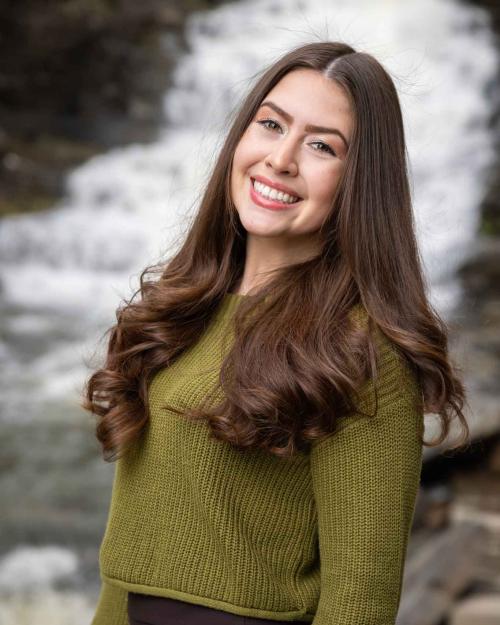Morgan Baker
Government & Economics
Redlands, Calif.
What was your favorite class and why?
My favorite class at Cornell was Professor Max Kapustin’s “Economics of Crime.” This course was not only engaging but also incredibly informative, as it was instrumental in opening my eyes
to the intricacies of the criminal justice system in the United States. Through reading and discussing empirical studies pertaining to a wide array of crime-related topics such as policing, incarceration, employment, drugs, alcohol, firearms, education and health, I learned to think critically about the posited causes of criminal activity and the suggested crime prevention methods. This course also piqued my interest in pursuing policy work in the legal, nonprofit and governmental fields, as I gained experience framing and summarizing the empirical evidence surrounding the trade-offs of implementing different crime prevention policies for policymakers to review. Finally, this course played a pivotal role in motivating me to pursue a legal career that would enable me to address some of the issues plaguing the criminal justice system.
What is your main extracurricular activity and why is it important to you?
For the past four years, I have had the honor of serving on the Cornell Student Assembly in various capacities, including as the vice president for finance, the vice president of external affairs, the chair of the appropriations committee and the chair of the communications committee. Throughout my time on the Student Assembly, I authored, presented and implemented numerous resolutions that addressed various campus quality of life issues regarding health and wellness, accessibility and transparency, diversity and inclusion, communication and outreach, and student organization funding. While I enjoyed every moment of working to improve the Cornell undergraduate experience, my most memorable experience includes allocating the Student Activity Fee of more than $9 million to ensure that student organizations received adequate funding to host programming and events for students.
If you were to offer advice to an incoming first year student, what would you say?
Incoming first year students should take classes that they are truly interested in, regardless of how daunting they may seem based on their course description. I have come to find that it is much easier to apply yourself to classes and, consequently, to perform well in them when you are genuinely excited to learn more about the content. I recognize that this advice may sound cliché, but I wish that I had heard it more. I passed up on the opportunity to take courses because I allowed my preconceived notions of the difficulty of these courses to dissuade me from registering for them. I now recognize that my passion for these topics would have more than compensated for their apparent level of difficulty. This is because, throughout my time at Cornell, the classes that I have performed the best in have consistently been both the most challenging and the most engaging.
What are your plans for next year?
I will be joining Yale Law School’s class of 2026 in the fall. This opportunity excites me greatly, as I have always been deeply committed to personal growth, as well as developing the skills, knowledge and experience necessary to meaningfully impact society. Currently, I hope to pursue a career as a constitutional lawyer and, eventually, a federal judge. As I discovered during my experience at Cornell, lawyers play a vital role in shaping society by determining the societal impact of laws through their interpretations. This made me realize that becoming a constitutional lawyer would place me in a prime position to significantly improve individual lives, as I would seek to work on impactful cases related to voting rights, criminal justice reform and environmental sustainability. I believe that these issues are critical to promoting the well-being of communities, and I am passionate about addressing them throughout my legal career.


